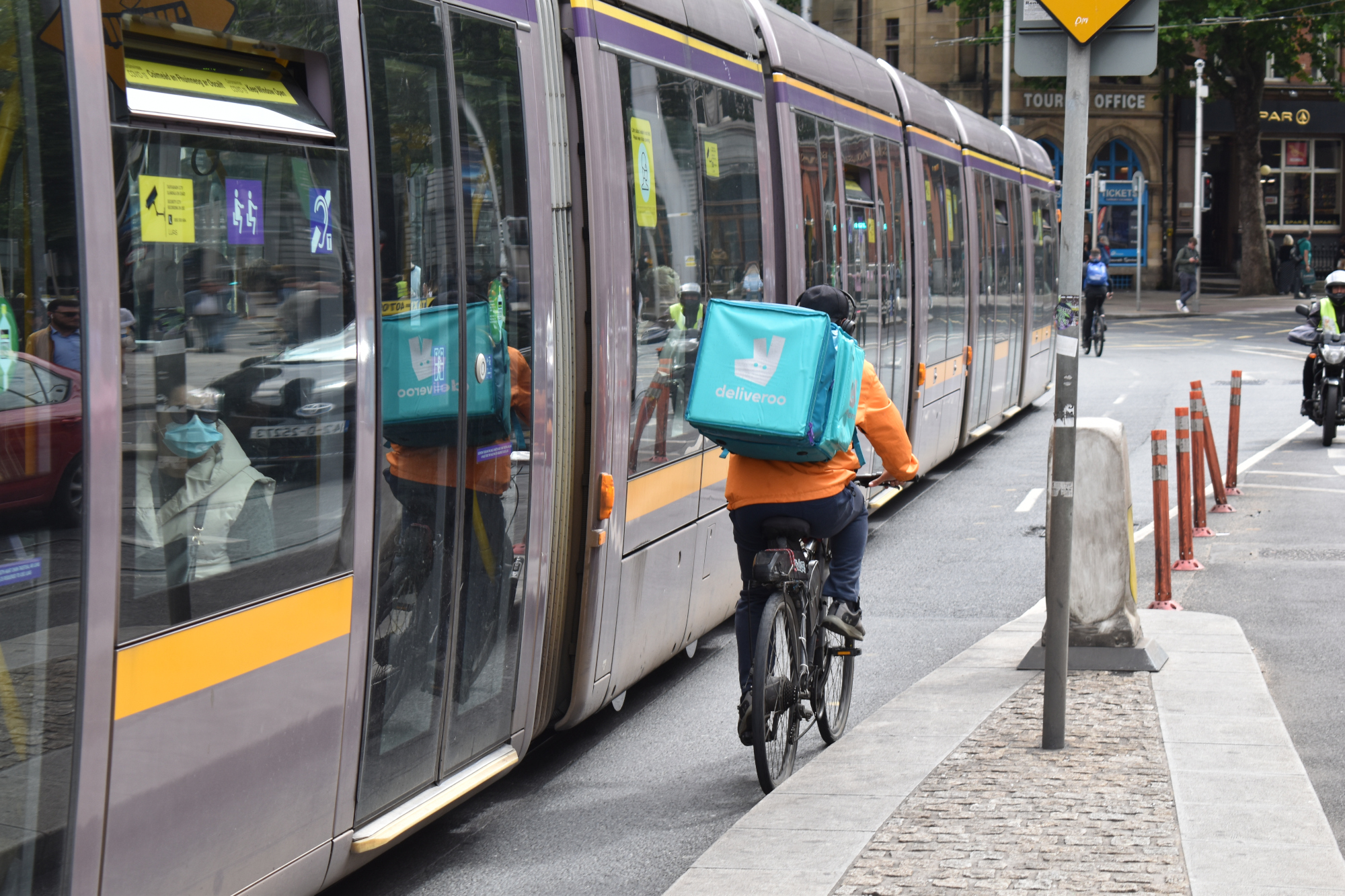EU agrees new rules on gig economy workers

New EU rules setting out the employment rights of gig economy workers have been agreed and will come into force in around two years’ time.
The European Parliament and EU member states today reached political agreement on the proposed Platform Work Directive, which explicitly aims to make it easier for gig economy workers to be recognised as employees with a right to the minimum wage, sick leave and other benefits.
The Directive establishes a legal presumption of employment relationship with specific indicators to determine whether a gig economy company, otherwise called a ‘platform’, qualifies as an employer. If the platform meets two of these indicators, it is considered an employer.
These indicators, set out in Article 4 of the Directive, include upper limits on remuneration, uniform requirements, supervision, restrictions on workers’ freedom to set their own hours and restrictions on workers performing work for other companies.
The European Commission estimates that around 5.5 million of the roughly 28 million gig economy workers in the EU may be misclassified as self-employed when they should be understood as employees.
Margrethe Vestager, the Commission’s executive vice-president for a Europe Fit for the Digital Age, said: “This landmark agreement between the Parliament and member states will help provide decent working conditions to the many people working through digital labour platforms.
“It will empower people to be aware of and challenge decisions made through algorithmic management. By increasing legal certainty, the Directive also supports the sustainable growth of digital labour platforms in the EU.”
Valdis Dombrovskis, executive vice-president for an Economy that Works for People, said: “Digital platforms play an important role in our economy, promoting innovation and offering valuable job opportunities, but these opportunities must be accompanied by fair working conditions and solid social protection for the people who work in the platform economy.
“Today’s agreement will allow digital platforms to grow and protect platform workers’ rights so that everyone can make the most of this opportunity.”
Nicolas Schmit, commissioner for jobs and social rights, said: “The platform economy has transformed the way we consume and work, and we want it to continue to thrive. At the same time, we have to make sure that it meets the same labour and social standards that offline companies adhere to. This is a question of fairness, for both workers and companies.
“The new rules we have agreed ensure platform workers, such as drivers and riders, receive the social and labour rights they are entitled to, without sacrificing the flexibility of the platform business model. Workers will also understand better how automated decisions are taken.
“Platforms will have legal certainty throughout the EU for the first time, and consumers will continue to enjoy access to platform services at their fingertips. This is a historic achievement.”










